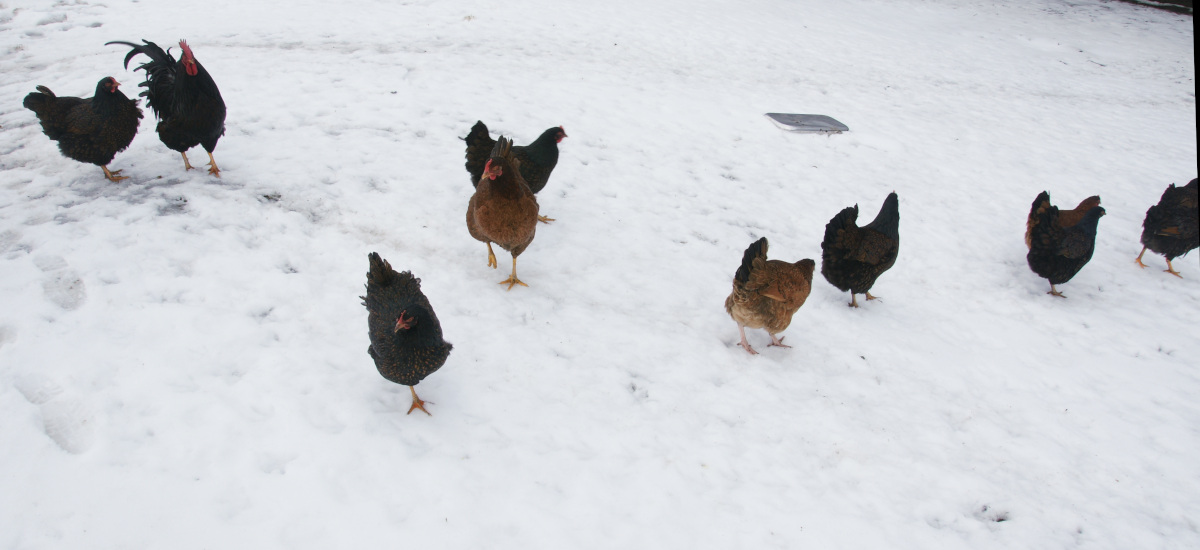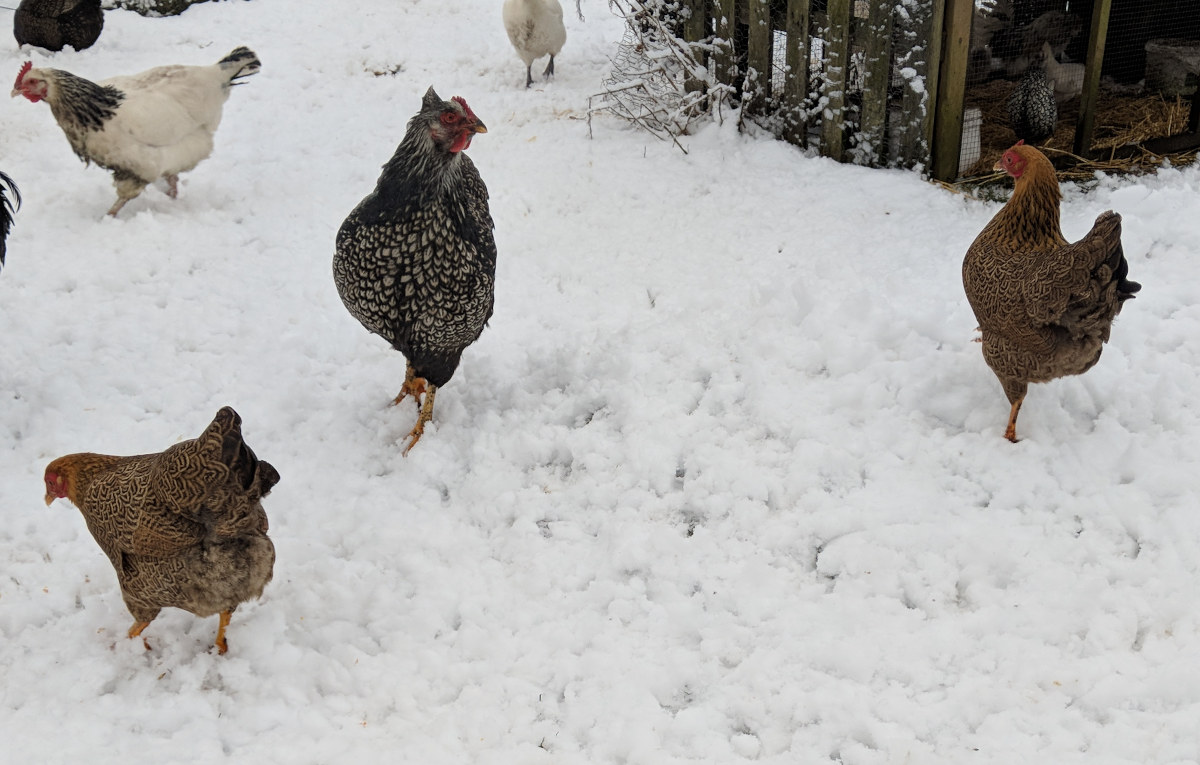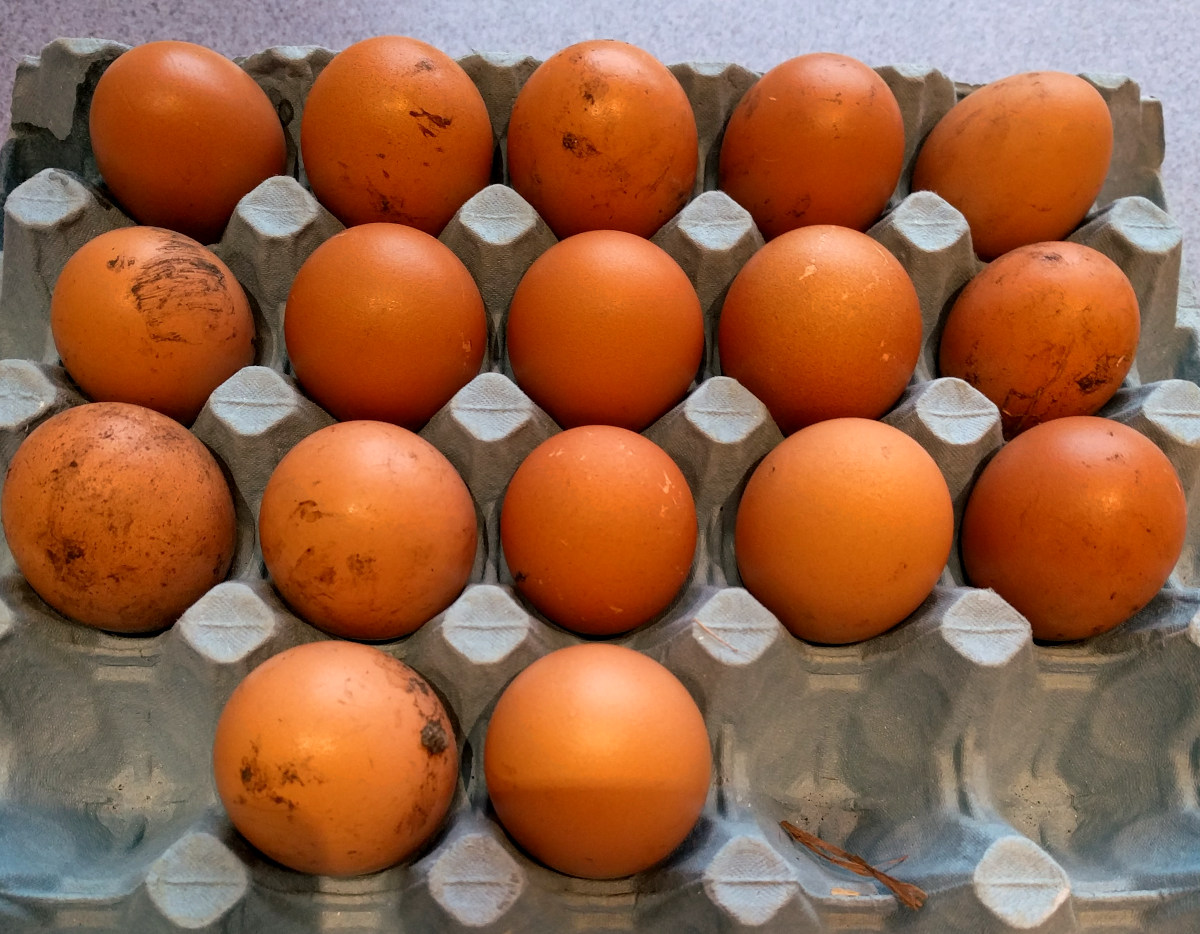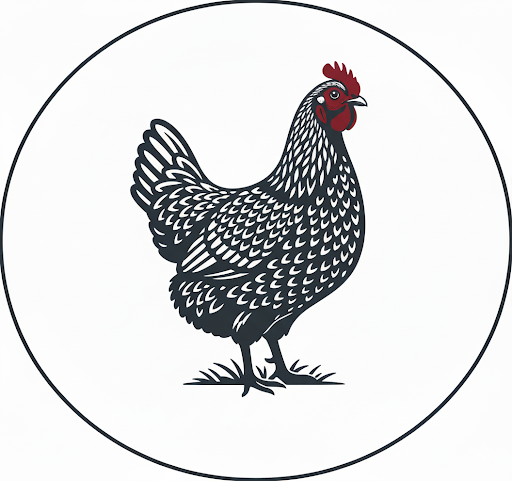Are Barnevelder chickens cold hardy?

Barnevelder chickens are a hardy breed that is well-suited to cold climates. With their friendly temperament, good egg production, long laying season and thick soft feathers, they are an attractive choice for homesteaders and hobby farmers in colder climates.
However, it's important to know whether they are cold hardy before bringing them into your flock. In this guide, we will explore the characteristics of Barnevelder chickens and their ability to withstand cold weather.
Cold Hardiness in Barnevelder Chickens:
Barnevelder chickens are a medium-sized heavy breed, known for their beautiful dark brown eggs and patterned feathering. They are friendly birds that are easy to handle and enjoy human interaction.
In the January of 2011, here in North Yorkshire the temperate dropped below -17.5 °C for several days and was frozen for more than 3 months. The Barnevelders were fine with the cold and the biggest worry I had at these temperatures is the chickens running short of water and the eggs were freezing in the nests.
Below: One of my large fowl Silver Laced Barnevelder hens doing well in the snow.

Barnevelders also have a smaller or "fine" comb which means they are less likely to get frostbite in the cold.
When it comes to egg production, Barnevelders are reliable layers, producing up to 200 large brown eggs per year over a long season and often well into winter.
Barnevelders are a hardy breed that has adapted to cold weather. They were bred in Northern Europe to have a dense layer of feathers, a heavy build, and a calm demeanour that helps them endure cold temperatures.
Below: On a cold snowy February day I got 17 eggs from my flock of 40 Barnevelders.

In comparison to other breeds, Barnevelders are considered to be cold hardy, and they do well in colder climates.
Caring for Barnevelder chickens in the cold and wet of winter:
To ensure the health and well-being of your Barnevelders in winter, it's essential to provide them with proper shelter, feed, and water.
A coop that is well-insulated, draught free and protected from the elements is important for keeping chickens warm.
Below: I add sprouts to their diet in winter to make sure they are getting fresh greens.
In terms of feed, chickens require more energy in winter to stay warm, so it's important to provide them with a high-protein diet. You can add a few shelled sunflower seeds to the diet during the winter months
Finally, it's essential to keep the water from freezing, as chickens need access to fresh water at all times.
